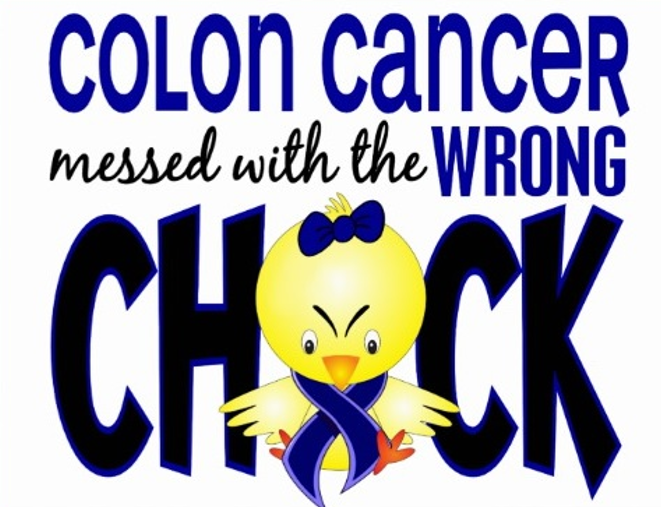
COLORECTAL CANCER INCIDENCE
MAJOR RISK FACTORS
Based on a study by American Cancer Society researchers, more than half (55%) of colorectal cancers in the US are attributable to potentially modifiable risk factors. Modifiable factors that increase risk include: obesity, physical inactivity, long-term smoking, high consumption of red or processed meat, low calcium intake, moderate to heavy alcohol consumption, very low intake of fruits and vegetables and whole-grain fiber. Hereditary and medical factors that increase risk include: a personal or family history of colorectal cancer and/or polyps (adenomatous), certain inherited genetic conditions (e.g., Lynch syndrome), a personal history of chronic inflammatory bowel disease (ulcerative colitis or Crohn’s disease), and type 2 diabetes. Regular long-term use of nonsteroidal anti-inflammatory drugs, such as aspirin, reduces risk, but these drugs can have serious adverse health effects, such as stomach bleeding. Decision making about aspirin use should include a conversation with your health care provider.
The American Cancer Society recommends: COLONOSCOPY at age 45.
A diagnostic colonoscopy is just like a screening colonoscopy, but it’s done because a person is having symptoms, or because something abnormal was found on another type of screening test.
For this test, the doctor looks at the entire length of the colon and rectum with a colonoscope, a thin, flexible, lighted tube with a small video camera on the end. It is inserted through the anus and into the rectum and the colon. Special instruments can be passed through the colonoscope to biopsy or remove any suspicious-looking areas such as polyps, if needed.
Colonoscopy may be done in a hospital outpatient department, in a clinic, or in a doctor’s office.